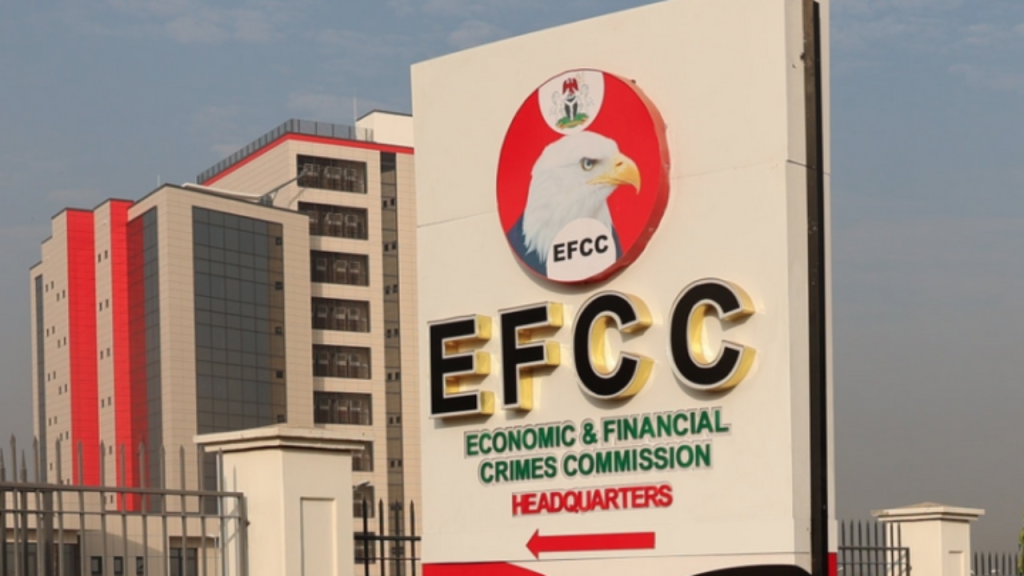EFCC’s SCUML certification conundrum

Recent innovations by the Corporate Affairs Commission, CAC, showcase Nigeria’s ability to modernise its public services. Its AI-powered registration portal marks a significant step in simplifying business registration and offering instant name reservation similar to creating an email account.
Though there have been complaints about poor service and technical glitches on the CAC portal, the Commission describes these as teething challenges and asked for patience. Similarly, the Ministry of Interior’s online passport application system has improved access to vital services.
However, this wave of technological reform has notably eluded the Economic and Financial Crimes Commission’s, EFCC,’s Special Control Unit against Money Laundering, SCUML, certificate application process. Businesses and Non-Profit Organisations, NPOs, which are legally required to obtain this certificate to operate bank accounts continue to face a frustrating experience that undermines government’s efforts to foster ease of business operations.
Applicants encounter numerous issues on the SCUML portal. First, there are no clear instructions on critical requirements such as document size or format. Second, the portal limits uploads to a single file, even though up to ten documents are requested. Applicants must independently learn to merge and compress files—a technical step not mentioned anywhere. Vague error messages add to the confusion. Many experience repeated rejections citing “illegible documents” or “file too large,” despite compressing and merging files as required.
Customer support is also lacking: listed telephone lines are often non-functional, forcing applicants to visit EFCC offices in person, where inconsistent advice causes further frustration. This inefficient process wastes applicants’ time and resources and hinders their ability to legally open bank accounts, damaging entrepreneurship and the non-profit sector alike.
If Nigeria is serious about building a robust business environment, urgent reforms are needed. The SCUML portal should be redesigned with clear guidance on file format, size, and number. Multiple document uploads should be enabled, eliminating the need to merge files manually. Integrating a built-in file compression tool would further ease the process.
Error messages must offer specific, actionable feedback instead of generic rejections. Customer support requires overhaul—reliable hot lines and email services staffed by knowledgeable personnel should be made available to assist users remotely.
Also, the EFCC should establish a user feedback loop involving representative applicants to identify and fix issues before wider roll-out. There is no indication that the existing feedback tool on the portal is actively used. As other Nigerian public services embrace digital progress, SCUML certification cannot lag behind.
A seamless, transparent, and supportive application process is vital—not only for convenience but also for national economic growth and anti-money laundering compliance. The EFCC must urgently address this bottleneck to align with Nigeria’s vision for progress and prosperity. Government agencies must be reformed to be more responsive, responsible, accountable and service oriented.
EFCC should make the SCUML work.
The post EFCC’s SCUML certification conundrum appeared first on Vanguard News.

 yarkarkara
yarkarkara 





